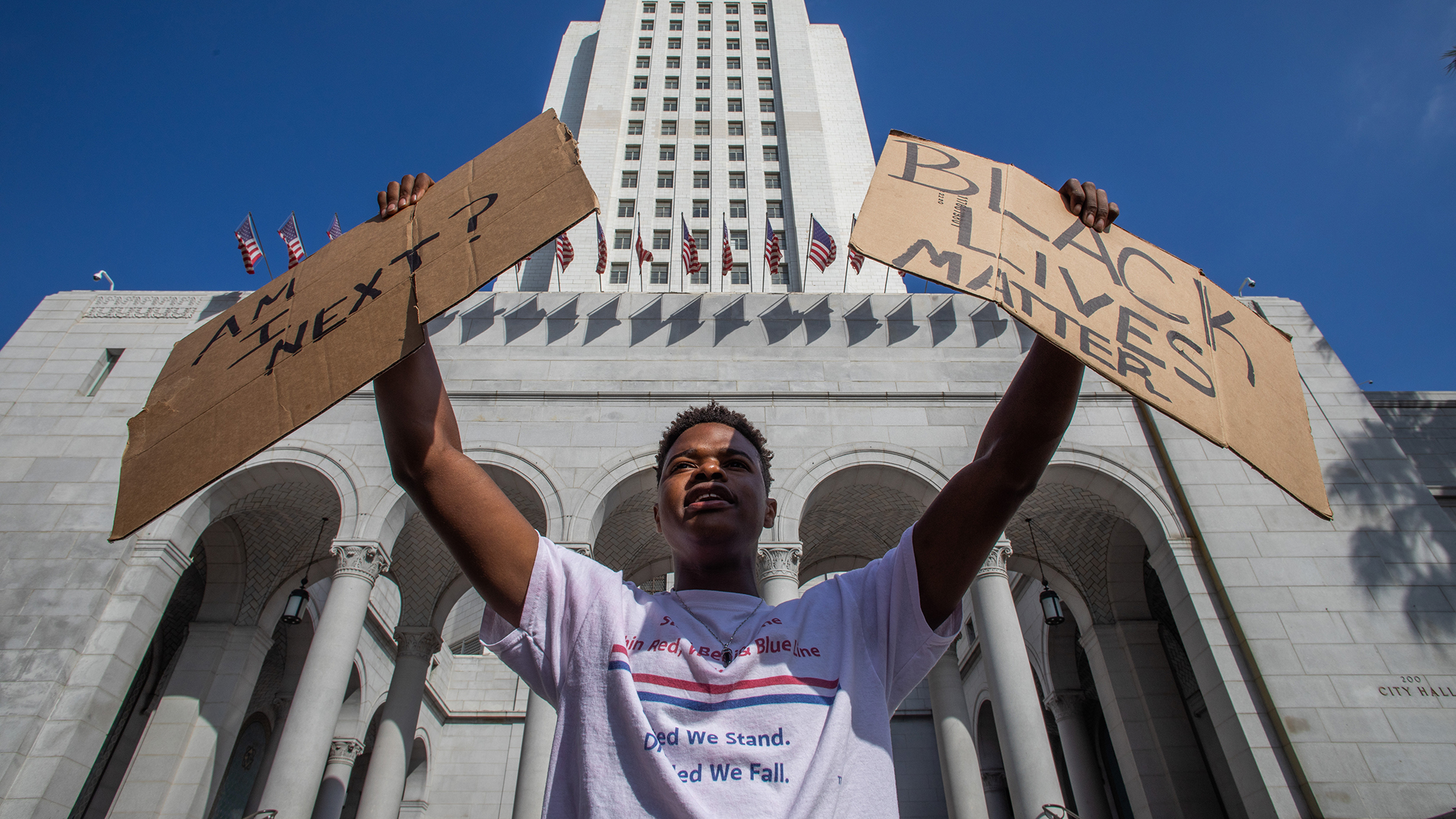The killing of George Floyd has generated a wave of anguish across our nation. We grieve for Mr. Floyd and his family. We condemn the racism laid bare by this injustice—the most recent in a seemingly endless stream of institutionalized violence and everyday discrimination committed against Black people in the United States. We call for change in law enforcement and for action from political leaders so this latest moment of despair may finally lead to the change our society so sorely needs. And we stand with our colleagues, our partners, and the communities they support, in their efforts to create a more equitable and inclusive society.
The roots of this tragedy lie deep in a painful history of failure by our leaders and our institutions, and far too many individuals too, to confront systemic racism. For none of this is new, and it has been too easy for those of us not subject to the same treatment to ignore it or, worse, to acknowledge and then ignore it. Each of us, and the institutions we are a part of, must be willing to challenge ourselves and do better.
The blight of systemic racism corrupts every activity and institution that matters in our lives—our education and health systems, the environment, the arts, politics, commerce, law, and philanthropy itself. Addressing it where we live and work requires more than a statement like this or one-time action; it demands ongoing commitment—steady, thoughtful, substantive, and honest.
These are troubled days for our nation and democracy. Rather than inspiring shared exertion, the challenges we face have instead aggravated and intensified our divisions—stoked by a president more interested in enmity than leadership. Healing these divides will take hard work, and responsibility for that lies with each of us, both individually and through our institutions. We cannot do so, however, unless we are willing to stand up for what is right, change what is wrong, and condemn both injustice and the demagogues who thrive on it.
Updated June 4, 2020: This foundation-wide statement was updated from the original, which referred to the violence and discrimination against “Black Americans” to “Black people in the United States” to be more inclusive.

